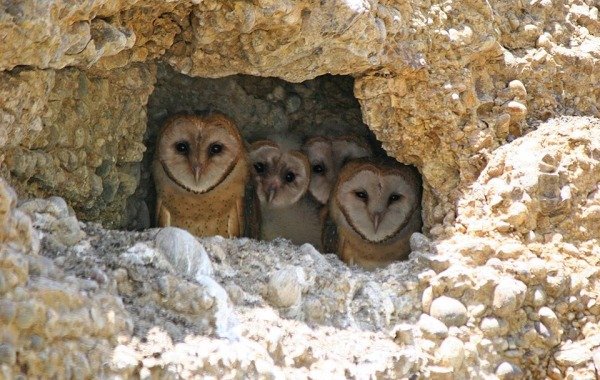
This is a story of how an evil corporation … I’d like to say “was brought to its knees,” but will settle for “was forced to endure a setback.”
Last week the poison manufacturer Reckitt-Benckiser announced it would pull 12 of the most toxic forms of d-CON, its popular rodenticide, from store shelves. This was more than 30 years after these types of anti-coagulants had first been implicated in the deaths of protected wildlife and pets, as well as the sickening of children. Here’s the timeframe:
The Environmental Protection Agency (EPA) first began reporting cases of child, pet and wildlife poisonings from anti-coagulants like d-CON in the early 1980s. Twenty years later National Resources Defense Council had to sue EPA to get them to act, but eventually EPA told manufacturers they had to eliminate their most toxic ingredients and repackage them more safely. Seven years later, all but three complied.
EPA began cancellation proceedings, and the final three fell into line. But at the last minute Reckitt-Benckiser pulled a fast one and contested the decision, leaving the company holding the gold ring – a monopoly on the most-toxic market while its lawyers battled EPA.
Activists and environmental groups went into overdrive, and in March 2014 the State of California approved a ban on the sale of the worst types of anti-coagulants. One week later, Reckitt-Benckiser sued the state’s Department of Pesticide Control, saying it had “exposed California residents to heath risks” by not allowing the sale of products which could poison their children, pets and wildlife.
In April 2014, a 4-year-old boy in the Bronx, New York, died after eating rat poison. The photograph in local papers did not show the brand of poison, but the colors on the package were like those of d-CON.
A month later Reckitt Benckiser, its corporate arm twisted behind its back, cut a deal. 12 of the most toxic types of d-CON will disappear from the shelves by March 31, 2015. Parents (especially those in poor neighborhoods, a demographic target of Reckitt-Benckiser), pet-owners, and environmentalists were jubilant and had much to celebrate, since they’d been fighting this battle for decades. It was a great victory.
But for environmentalists, the afterglow is bittersweet. The 12 types will still be available to licensed pest-control companies and to agricultural users, which means they will still be in the environment. An owl who eats a rat poisoned by a farmer or a pest-control company will die the same death as one poisoned by a homeowner.
Two especially lethal poisons, diphacinone and chlorophacinone, will still be available for sale. So will bromethalin, which was developed as a “better alternative” to anti-coagulants. Anti-coagulants cause internal hemorrhaging, take several days to make their victims bleed out, but, if caught in time, can be treated with Vitamin K; the “better alternative” is a neurotoxin which causes brain swelling and nervous system disruption, can affect its victims in two hours, and has no antidote.
Read that again: it has no antidote. There are no tests to diagnose it, either. Do we all feel better?
Bromethalin comes in worm-like shapes, all the better to entice ingestion by moles, voles, and protected songbirds, not to mention adventurous children and pets. Among its manufacturers are Reckitt-Benckiser, which will no doubt begin a vigorous bromethalin campaign to make up for the 12 types of d-CON snatched from its homeowner market.
Consumer education is the only remedy. It took 30 years for the worst types of d-CON to be pulled from the shelves, how long will it take for bromethalin? And why should the 12 Angry Anti-Coagulants be allowed to be sold to anyone?
Do not believe pest control company employees who tell you their poisons are safe. No poisons are safe. Raptors Are The Solution (RATS) has a list of poisons still allowed for over-the-counter sale as well as their manufacturers, active ingredients, and known impacts. Safe Rodent Control will tell you how to rodent-proof without poison.
It was a wonderful moment of triumph. But now it’s back to work, everyone. With enough determination, Reckitt-Benckiser and its poisonous comrades will be forced to endure more setbacks – without it taking 30 years to bring them about.
Banner photo by Dave Harper; second by RATS; third by Suzie Gilbert.


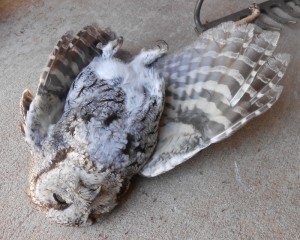

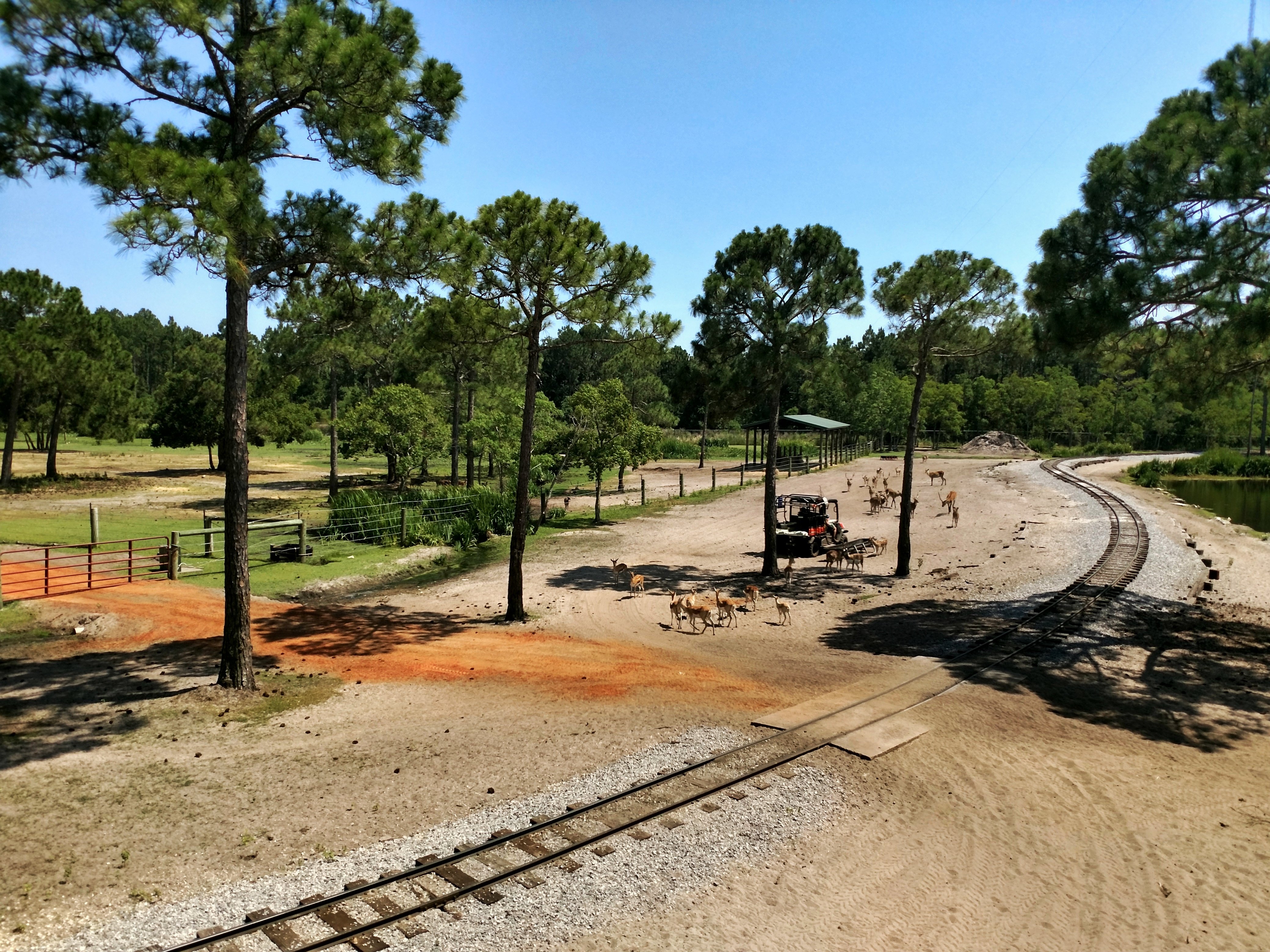

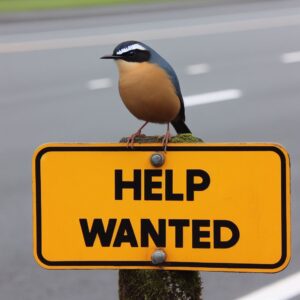 New writers welcome – please contact us for details.
New writers welcome – please contact us for details.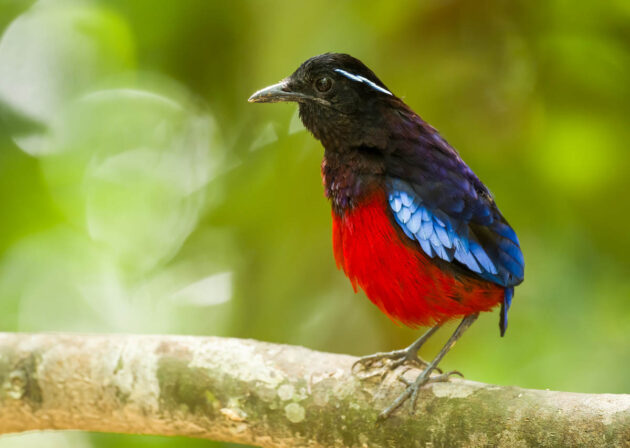
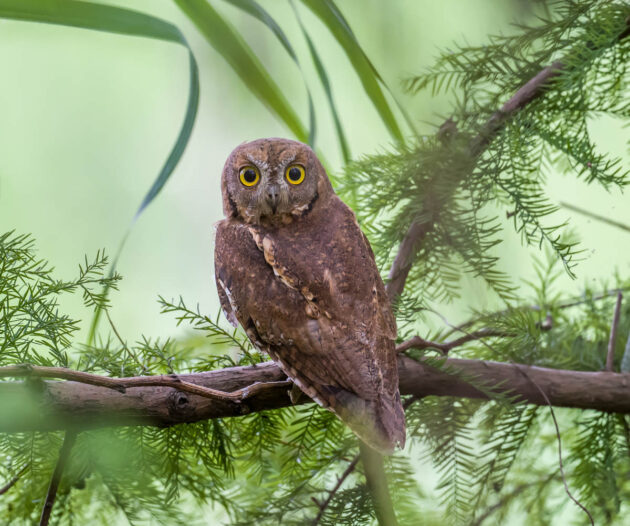
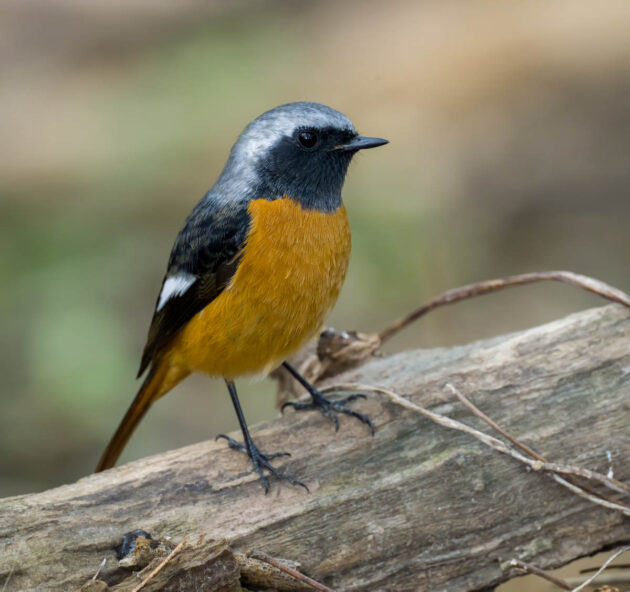
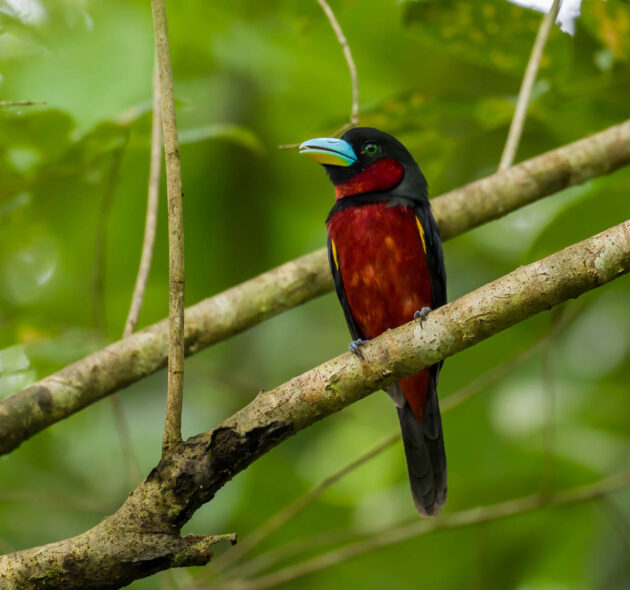
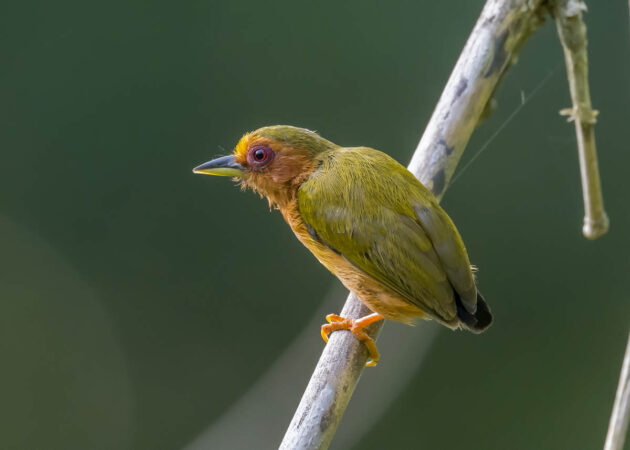
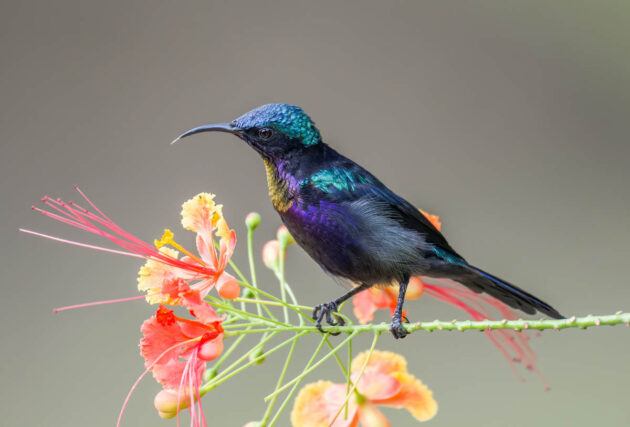

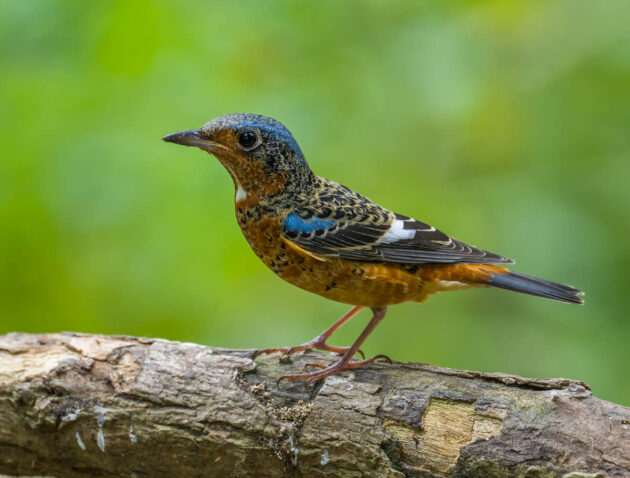
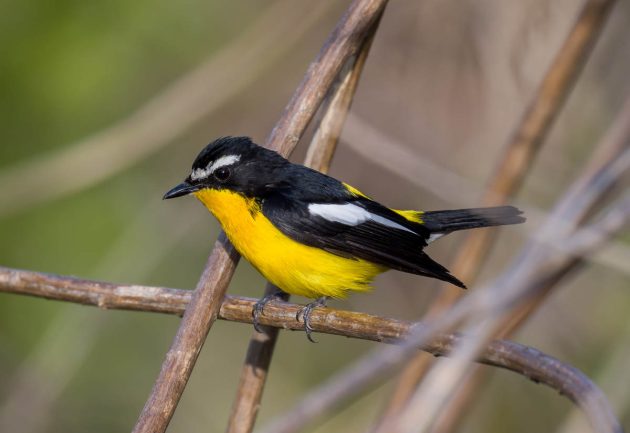
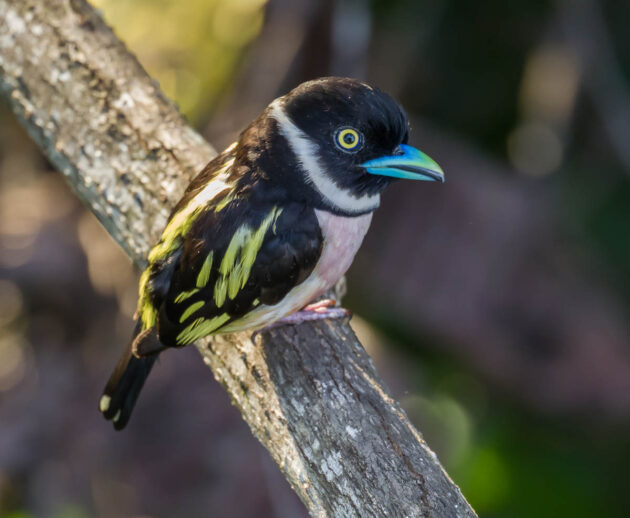

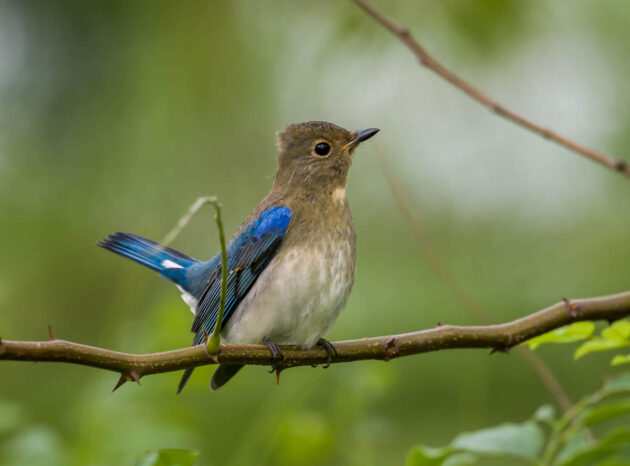
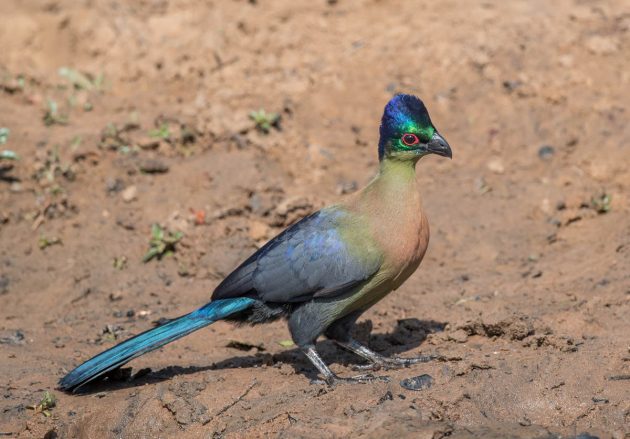
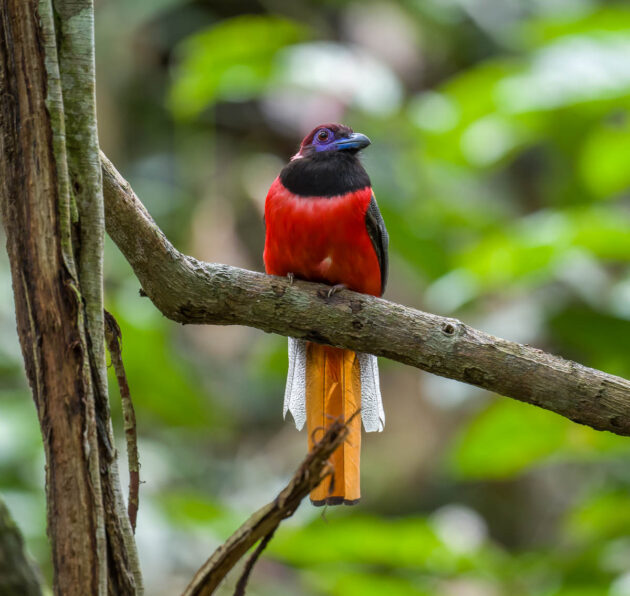
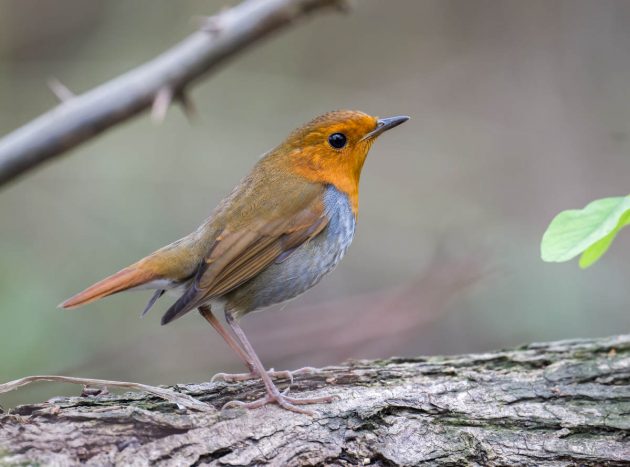
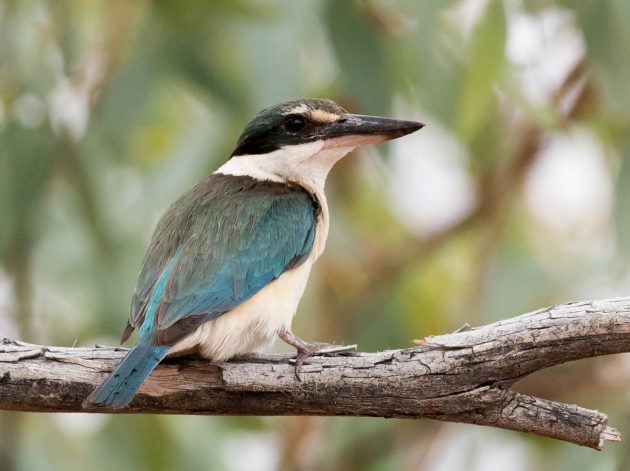
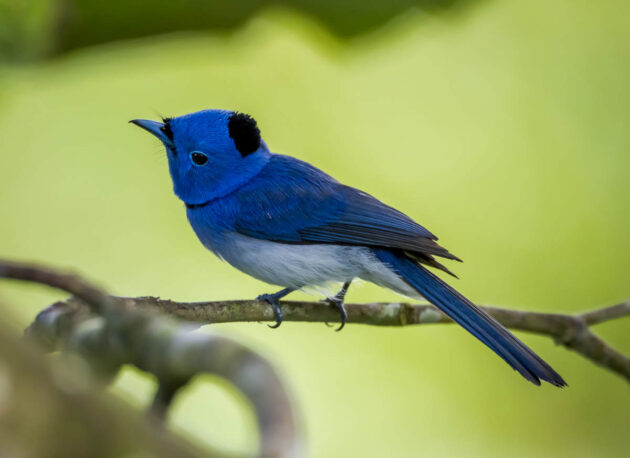
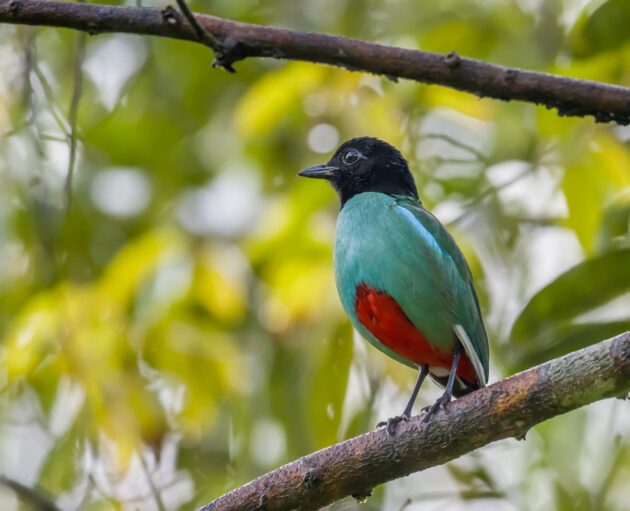
TESTING
Thr poison eaten by the 4 year old is called first strike and is manufactured by Liphatech. Licensed exterminators use this so its not dcon. It is much stronger than dcon. The liability should be on the exterminating company because those poisons have to be kept out of reach of children.
the unbalance in my state of starlings mostly alarms me. Observing the increase in numbers of birds per flocks and more flocks needs control. This area of Southern Appalachians has been a haven for every species of birds. they will soon be outnumbered and over come.
Please let me know what I can do…..also plz no garbage such as remover food stuffs….right this is a farming community and I can not control the amount of corn or grains lost from harvesting equipment nor my neighbors who thing anything moving needs killing. so be real.
Controlled flock kills need to be done. How. Who